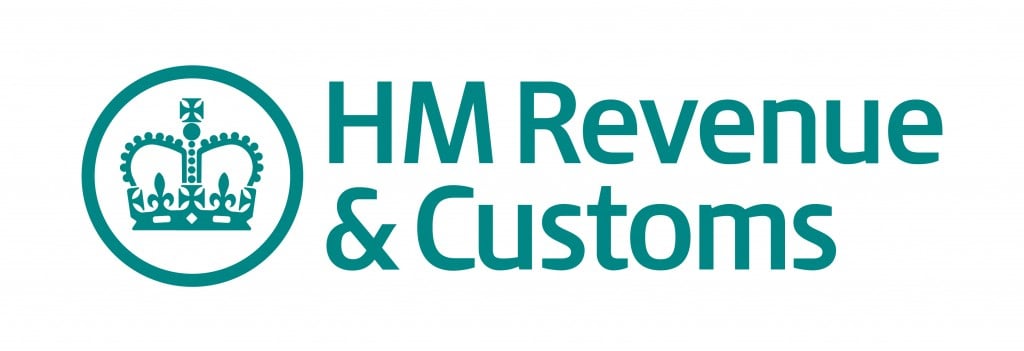HM Revenue and Customs (“HMRC”) have published a new consultation paper, named ‘Partnerships: A Review of Two Aspects of the Tax Rules’. This consultation paper introduces changes to partnership rules which are aimed to reduce the scope for tax avoidance through the use of Limited Liability Partnerships (“LLP”). It is expected that the new legislation will come into effect on 6 April 2014.
Current Tax Rules for LLPs
In the UK, LLPs are governed by the Limited Liability Partnership Act 2000. The LLP is a unique entity as it combines limited liability for its members with the tax treatment of a traditional partnership.
Under the current rules, each LLP partner (also known as a member) are taxed individually just like he/she is a sole owner of the business. This means that members of LLPs are taxed as if they are self-employed and are responsible for his or her own tax bills.
HMRC are concerned that businesses are using the LLP structure to disguised employment relationships in order to receive more favourable tax treatment. The self-employed status allows the LLP to be taxed favourably on what is, effectively, employment income. Therefore, the LLP member (as well the employer) will not pay National Insurance Contributions.
David Gauke, exchequer secretary to the treasury, has stated:
“There is currently an unintended inconsistency in the way that LLPs and general partnerships are treated that means that some LLPs are able to avoid their employment tax obligations”
New Proposals: Salaried Member Arrangements
As currently drafted, the proposals get rid of the automatic presumption of self-employment for LLP member and replace it with two tests intended to establish whether the members are actually “salaried partners” and so liable to PAYE, namely employers’ and employees’ national insurance contributions. The consultation proposes that:
- where the LLP is carried on as a partnership by two or more members, the individual would be regarded as an employee of that partnership; or
- the member suffers no significant economic risk in the event that the LLP makes a loss or is wound up and should have other rights, such as a variable profit share and an entitlement to a share of any surplus assets on a winding up.
The Exploitation of Profit/loss Allocations by LLPs
Under the current tax scheme, members of LLP’s are taxed in accordance with the profits which the partnership generates and in accordance with the partnership agreement. This could allow LLPs to gain tax advantages through the allocations of profits and losses, namely the allocation of profits to a company.
Accordingly, LLP structures are being used for tax avoidance purposes, including the allocation of a disproportionate amount of profits to partners who pay tax at a lower tax rate. Moreover, LLPs may allocate profits to company partners to exploit the difference between corporation and income tax rates.
In response, HMRC has proposed that the profits allocated to LLP members will be re-allocated to members who fall within the income tax charge and there certain claims for tax loss relief will be refused.
Conclusion: Implications of Changes to Tax Rules for LLPs
The Government believes that the proposed changes to the way LLP members are taxed will yield £300 million within two years, primarily from large professional services firms. However, the proposed changes are likely to reduce the attractiveness of the LLP as a form of business structure which may skew the figures in future years.
When these proposals come into force, LLP’s which are caught by the proposed legislation will need to review their business structures and tax methods to decide what changes (if any) are needed as a result of the new legislation.

